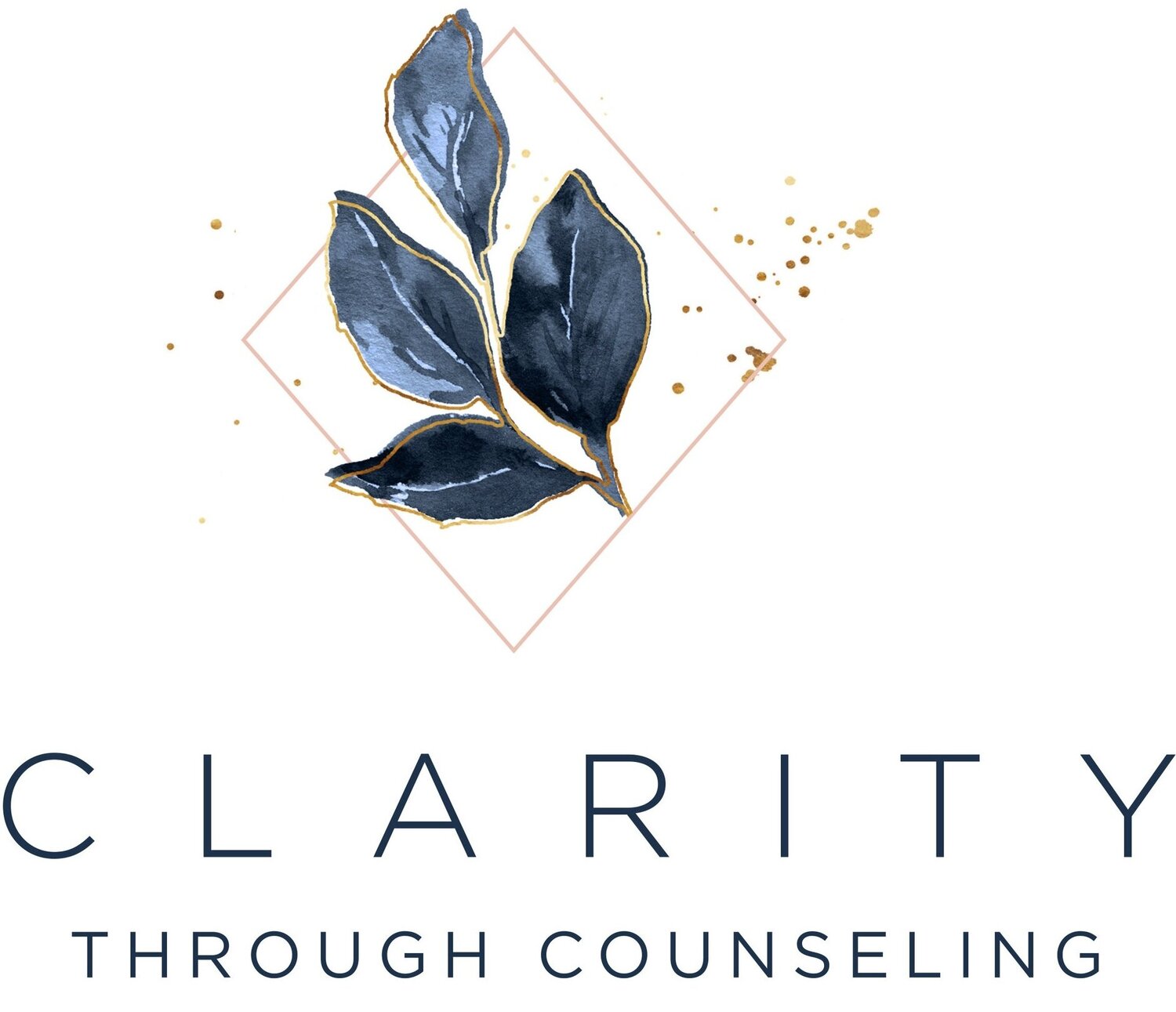When Anxiety Presents as Anger
Throughout my time working with many individuals who are dealing with anxiety, anger or irritability has been the most common symptom that is worked on in therapy. Irritability is one of the symptoms of Generalized Anxiety Disorder (GAD) in the Diagnostic and Statistical Manual 5 (the book used to diagnose all mental health disorders).
Most people jump to the uninformed conclusion that if anger is a consistent symptom, the person must have a mood disorder, such as bipolar or depression. An important concept to understand is that we all have primary and secondary emotions. What this means is that when we are faced with an event, we have our initial emotional reaction (primary), and then we have deeper emotions that we are not as aware of (secondary). Primary emotions are usually our gut reactions and are commonly in the anger spectrum, whereas secondary emotions connect to deeper wounds/core beliefs and can also be emotional reactions to the primary emotion i.e. shame, guilt, or not feeling “good enough”.
It can be difficult to differentiate between the two, which makes identifying them confusing, but necessary when dealing with anxiety. For example, if someone is walking down a hallway and they trip and fall, and someone extends their hand to help them up, the person who fell may lash out stating they do not need help or become very defensive. The primary emotion here is anger, and the secondary, more engulfing emotion, would be embarrassment, worry of judgment etc.
As a society, we are trained to view anger as a more socially acceptable emotion as opposed to showing sadness, anxiety, or embarrassment because the latter is viewed as “weak”. This is why we tend to react more easily with anger, and it does not seem as frightening to do so as compared to showing outwardly that we are worried. With GAD, we may feel like no one can help us or that we are incapable of helping ourselves. This can create helplessness and hopelessness, which can also fuel feeling angry towards others, the world, or ourselves. Anger can also feel like a more “manageable” feeling to some, so getting angry seems like the better option (unconsciously) than being emotionally vulnerable by showing anxiety.
A way to try to cope with anger is to ask yourself “Why am I really getting angry? What situation does this remind me of from my past? Is it actually because I dropped the carton of eggs on the ground, or is it because this event feels like just another thing you did wrong, or like you cannot ever do anything right? Or that people will judge you for being incompetent?” There are almost always more difficult emotions lurking underneath anger.
This is why it is important to seek therapy if you are having difficulty with managing your anger. Usually, there are deeper emotions buried beneath the anger that need to be identified and processed so that anger is no longer hindering your relationship with others or yourself. This is where communication skills and coping skills become helpful after identifying the underlying emotions and concerns.

